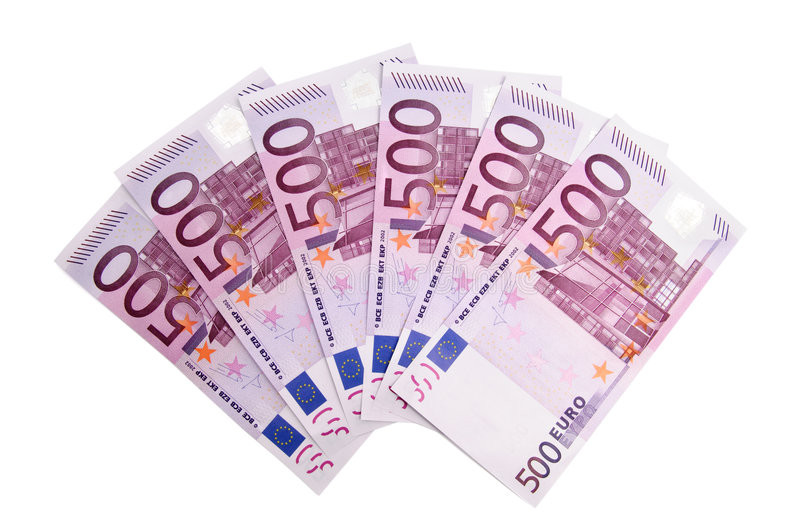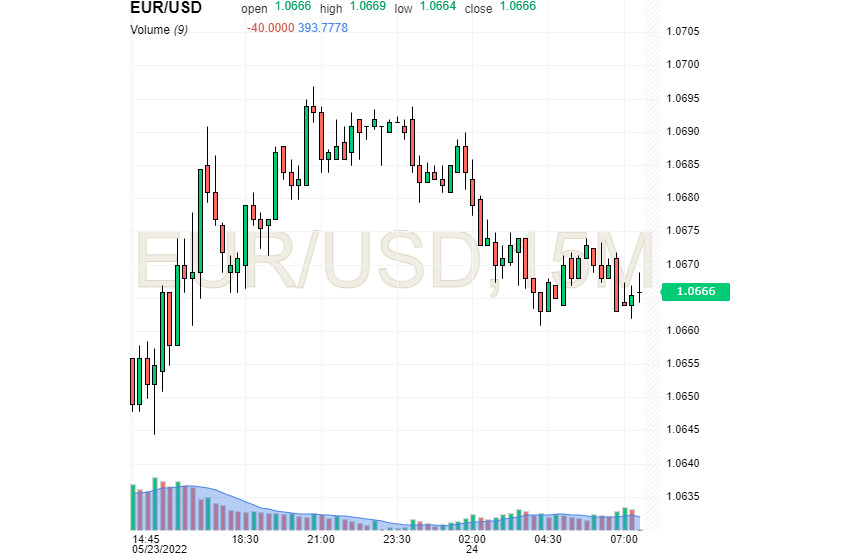
The euro has been on a roller coaster, moving from all-time lows to new peaks. However, the current rise in the single currency is considered to be short-lived.
The jump in the euro was caused by hawkish comments provided by the ECB. Thus, Christine Lagarde approved the key interest rate hike that would take place in the near future. However, some representatives of the ECB suppose that her decision is not aggressive enough. They had expected a clearly hawkish position and a faster interest rate hike. The fact is that the regulator is planning to raise the interest rates by the end of September 2022. Thus, there could be two hikes of 25 basis points.
In this case, the regulator will hardly raise the benchmark rate by 50 basis points in July. However, analysts warned that such an explanation was not true. It is quite possible that the ECB is considering both variants and has already predicted their long-term consequences for the European economy. Experts at Bank of America think that the regulator is acting according to the current state of affairs. However, this will hardly support the euro.
Economists suppose that the ECB may switch to a more aggressive approach in June. However, this still will not be enough to boost the euro. Bank of America does not expect the regulator to come out with rhetoric in support of the single currency. A weak euro is a sign of an excessively soft monetary policy and not a cause of high inflation. At the same time, the weakness of the EUR/USD pair is demonstrating the strength of the US dollar, and not the weakness of the euro.However, early this week, the greenback showed a short-lived decline. Hawkish stance of the ECB is exerting pressure on the US dollar that is also influenced by expectations of the Fed's decision on the key interest rate. On Tuesday, the euro/dollar pair was trading near 1.0666. If the price jumps above 1.0642, it may reach the high of 1.0758-1.0790 recorded at the beginning of April.

At present, most analysts and traders are sure that the euro's drop in the short and mid term may cause a new jump in inflation. Against the backdrop, the key interest rate hike seems reasonable. However, economists emphasize a slump in the eurozone economy caused by surging energy prices amid the Russia-Ukraine conflict. The situation is also aggravated by a further rise in the Fed's benchmark rate. Notably, the ECB has not raised the benchmark rate yet. The base interest rate is at zero, whereas the deposit rate is at -0.5% per annum.
According to preliminary estimates, in the near future, the European economy will face a recession due to the economic consequences of the Russia-Ukraine conflict. In April 2022, the eurozone inflation reached a record high of 7.4%. Inflation is carrying significant risks for the future financial development and economic progress in the eurozone.
President of Bundesbank Joachim Nagel believes that in July, the ECB will raise the benchmark rate and it will hardly be the only hike. According to the estimates provided by Joachim Nagel, the regulator may hike the key interest rate by 0.5 percentage points, whereas economists foresee a rise of just 0.25 percentage points. Such a statement caused concerns among market participants. The fact is that the ECB has not raised the benchmark rate since 2011.
 English
English 
 Русский
Русский Bahasa Indonesia
Bahasa Indonesia Bahasa Malay
Bahasa Malay ไทย
ไทย Español
Español Deutsch
Deutsch Български
Български Français
Français Tiếng Việt
Tiếng Việt 中文
中文 বাংলা
বাংলা हिन्दी
हिन्दी Čeština
Čeština Українська
Українська Română
Română

